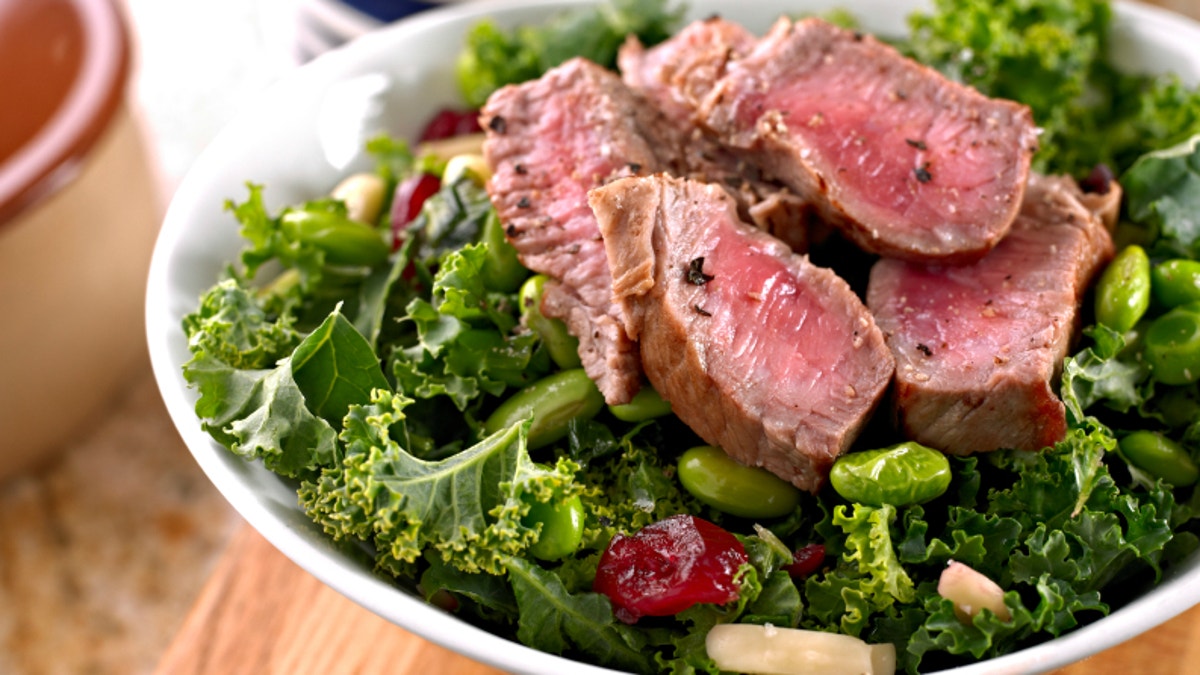
The Paleo diet has been embraced by athletes, celebrities, and countless other meat and vegetable eaters who have followed the ancient way of eating, but new information is shedding light on the famous plan's true effects.
An Australian study, published in the journal Nutrition and Diabetes, shows that the high-fat and low-carb diet could not only be preventing you from losing weight, but it could actually be the reason behind weight gain.
More: 3 Carb Facts Every Fitness Fan Should Know
Researchers observed lab animals, who were put on a strict Paleo diet, over the course of nine weeks and found that the mice gained approximately 15 percent of their body weight. Some animals even became more intolerant toward gluten, showed higher insulin levels, and signs of pre-diabetes.
The problems with the low-carb, high-fat diet, which researchers admit is still far healthier than a diet of processed foods, show that it can lead to unexpected and quick weight gain. It is, however, important to note that the mice-based study may not entirely translate to humans, but the findings are still significant.
More: 4 High-Fat Foods for Healthier Weight Loss
This isn't the first time the popular diet has faced criticism. In September 2015, researchers announced that oatmeal — a commonly banned food on the plan — was actually part of our ancestors' diets. But the latest development may have other possible Paleo-eaters rethinking their commitment.
"This level of weight gain will increase blood pressure and increase your risk of anxiety and depression and may cause bone issues and arthritis," wrote lead author Professor Sof Andrikopoulos. "Our results do not support the recommendation of [this diet] for use in pre-diabetes; rather interventions aimed specifically at reducing obesity and improving insulin sensitivity should be pursued."
